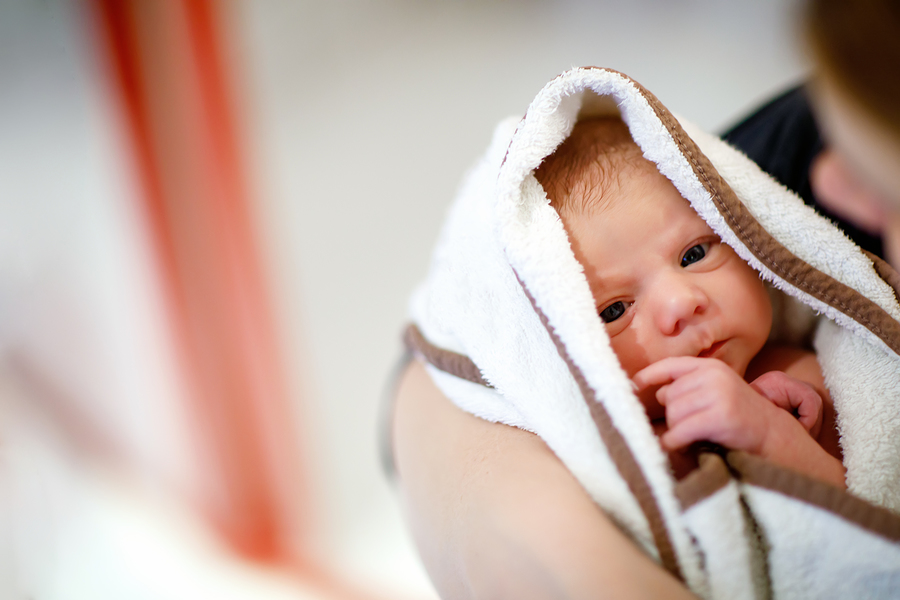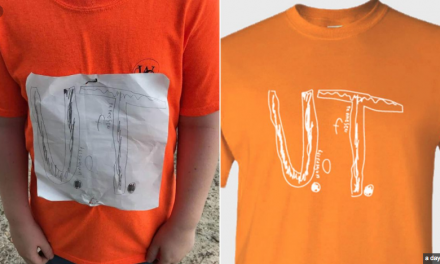The opioid crisis has a far-reaching impact that goes beyond the users and even their families. It is directly impacting millions of newborn babies who are forced to endure the suffering associated with opioid withdrawal following their birth. To help comfort these innocents, the demand for “baby cuddlers” is on the rise nationwide.
Baby Cuddlers To The Rescue
Babies of mothers suffering from opioid addiction begin to experience symptoms of withdrawal as soon as they are born. They desperately need comfort that most hospitals are too short-staffed to provide. As a result, baby cuddlers are brought into hospitals to help soothe babies offering a pair of warm arms and a soothing voice to provide them with the loving care that helps them feel at peace.
RELATED STORY:
Baby Cuddler Programs
Cuddler programs have people in Iowa, Virginia, San Antonio and Massachusetts discovering a new way to donate their time to a worthy cause. Their efforts help combat the fallout from the opioid crisis. San Antonio has seen a 60% spike in babies born with neonatal abstinence syndrome (NAS) in the last five years.
Baby Cuddlers Ease NAS Symptoms
Symptoms of infants with NAS experience include:
- Tight muscles
- Subsequent body stiffness
- Tremors
- Seizures
- Overly increased reflexes
They can also experience breathing and feeding issues as well as gastrointestinal problems. Their suffering is so profound that NAS infants have a distinct high-pitched shriek when they cry.
“Touch is so important for babies”, says Vicki Agnitsch, a volunteer for the Cuddler program at Blank Children’s Hospital in Des Moines, Iowa. As a former nurse, she understands the serious nature of the challenges faced by these infants. “Without that, there would be a failure to thrive,” she explains. These babies require physical touch and cuddling to support their immune systems and even reduce their need for medications, according to Vicky.
RELATED STORY:
Pediatrician Endorses Effects Of Baby Cuddlers
This view is shared by pediatrician Dr. Meredith Flores who cares for infants at the University Hospital in San Antonio. “We see a big difference in their scores (in) the babies that either the mom, or a volunteer, or someone is here holding them all day,” she says. “Their scores are lower. Sometimes the dose of the medication they require is lower. They’re able to wean faster off of that dose.”
Baby Cuddlers And Morphine
In Warrenton, Virginia, the cuddler program was introduced at Fauquier Hospital in hand with the use of morphine used to ease symptoms according to Cheryl Poelma, director of women services, at the hospital.
“They aren’t coordinated with their suck, they can’t eat well, they may sneeze a lot, have loose stools — it’s all part of withdrawing,” she says. The two-pronged approach to keeping the infants comfortable works well. “You’ll see them engaging you more, their eye contact will be better, they’ll start feeding better, not being so fussy, and they’ll start to sleep better,” she says.
RELATED STORY:
Baby Cuddlers Boost Health In A Few Weeks
Cheryl says improvements are seen in a few weeks when the infants are rocked and held tight by the cuddlers. “They tend to like to have their hands close to their chests, they like a tight blanket swaddled around them. They also like to suck on pacifiers, so it’s rocking, sucking, keeping them in a quiet environment, reducing stimuli,” she says.
It just takes a few hours a day for volunteers to make a huge difference in improving the infants’ health and sense of well-being.
*Article originally appeared at Healthy Holistic Living.













